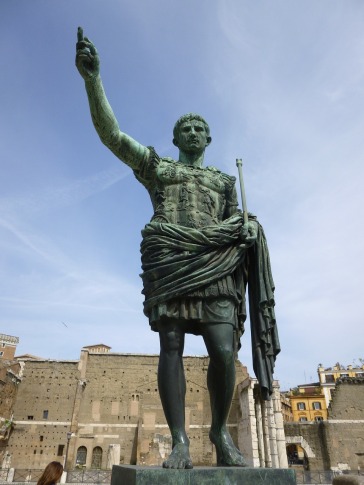
Zygmunt Bauman, reflecting on Boris Akunin’s concept of ‘aristonomy’, prefers to speak of human dignity. Bauman suggests five characteristic conditions or aspects of an ‘aretonomic’ or ‘fair and decent’ personality (Bauman and Obirek, On the World and Ourselves, 21-3):
- Foremost for Bauman is a kind of telicity:
[F]irst and probably the main characteristic, a kind of meta-characteristic – an axis around which all of the remaining elements of personality revolve, having been set and kept in motion by it – is, as I believe, the sense of a task to be accomplished; a task over and above the mundane concern for survival; a task capable of constituting an individual as an indispensable, unique and irreplaceable link in the order of things. Without complete dedication to it, and without continuously earnest effort, the task is impossible to accomplish.
2. Next comes dependability or
what Thorstein Veblen a century ago called ‘the instinct of workmanship’, which is in turn a condition of what Tadeusz Kotarbinski … associated in his 1955 ‘Tract of Good Work’ with the trait of reliability (or dependability). A dependable person is one who can be relied upon to pursue a given task to the best of his/her ability, to make good a promise made to him/herself and to others; a trustworthy person, a person who is known to do all in his/her power not to disappoint the trust vested in him/her by others.
3. Third, for Bauman, is honour (or integrity?):
This is a particularly complex quality, defying any attempt at a comprehensive inventory of its contents – but foremost among it traits are respecting the promises made, consistency in one’s actions and conduct, and acceptance of inalienable responsibility for their consequences for oneself and others … Hypocrisy and duplicity are antonymns of honour. An honourable person walks the road s/he advises others to take … honour requires admitting errors committed and sincere effort to correct mistakes … ‘Amicus ego’, the ancient teachers of virtue would say, ‘sed magis amica veritas’ [I am a friend, but truth is a greater friend].
4. Responsibility is Bauman’s fourth characteristic of dignity:
My personal responsibility for joint/shared welfare needs to stay always one step ahead of others’ responsibility for my own – with an incessant awareness that this is how things are and how they ought to be.
5. Finally, Bauman focuses on empathy (which he carefully distinguishes from tolerance):
[E]mpathy with other humans: a difficult art, one of the most difficult dignity demands – but there can be no dignity without the constant effort to master it … all encounters offer aretonomes occasions to advance their recognition of, and respect for, the subjectivity – alterity, otherness – of the other. Let’s beware, however, of confusing empathy with blanket tolerance, or with papering over or smothering differences for the sake of peace, or with indifference … We speak here of empathy defined by the principle of sapere aude, etiam curare aude … (‘Dare to know, also dare to care’).
Bauman’s thoughts are worth considering from the vantage point of the biblical doctrines of common grace and anthropology, particularly with relation to the central category of the image of God and in connection with current debates over access to the ‘good life’ and what constitutes ‘human flourishing’. His emphases are notably on duties rather than rights.



